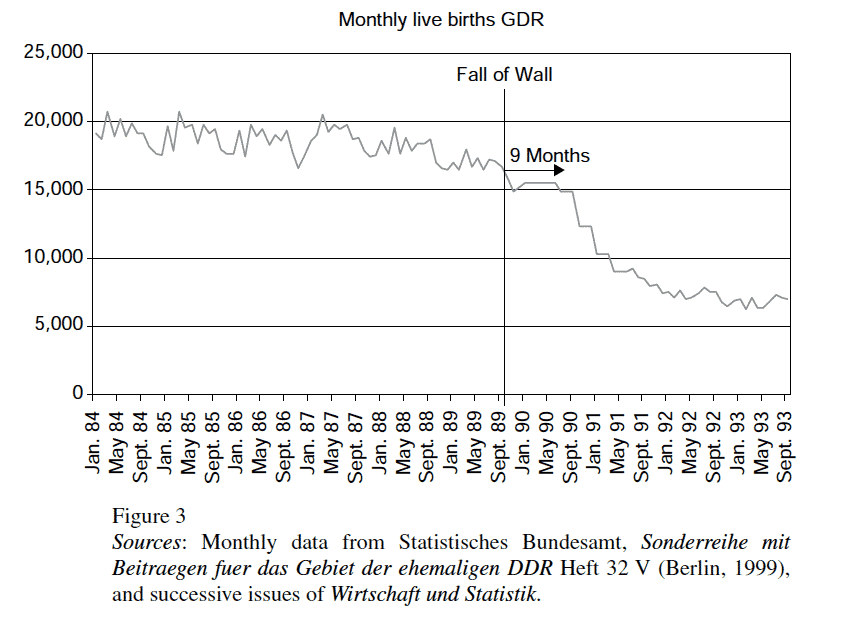The OECD recently issued an extensive report on Germany’s family policies, which for the last 15 years have been designed to promote labour market participation by women and to enroll more kids in early childhood education. The result is an increasingly stark contrast, at least at the level of policy, to the US, where mothers and families are placed under massive pressure by an unforgiving labour market, limited labour markets rights and inadequate public spending.
This contrast is stark and conforms to stereotypes about European welfare states v. US market society. But the difference should not be naturalized. Until the 1990s Germany too was characterized by a highly conservative “hands off” regime when it came to family policy, early childhood education and women’s labour market participation. West Germany was a Cold War state shaped by Christian Democracy and its reaction to the disruptive sexual politics of the Nazism. A story told brilliantly by Dagmar Hezog in Sex After Fascism. But then, quite abruptly, in the 1990s, Germany’s conservative family policy regime was challenged.
In a paper written some years ago for a Festschrift for the fabulous Paul Ginsborg I investigated the story. It’s a fascinating combination of the shock of German reunification, the incorporation of East Germany’s radically different family policy regime, the complex politics of German social policy, judicial activism, global competitive pressures and the biopolitical obsession with the “demographic problem”.
Its a fascinating story, very instructive about the forces that make policy in the Federal Republic today and it includes one of the more remarkable set of data I’ve ever unearthed. Turns out that 9 months after the fall of the Wall, to the day, East German women stopped giving birth to babies. An astonishing example of demographic self-regulation.

The paper is for download here:
Tooze contribution to Skinner Families and the State
ps Thanks to Quentin Skinner’s editorship the essay has the worst title ever! By rights, it should be called something interesting like “Biopolitics in Germany after the fall of the Berlin Wall”.
